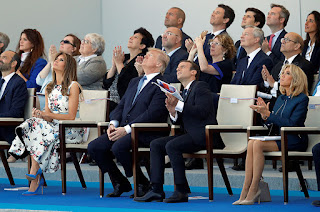A View From Congress
Two US lawmakers—one serving and another incoming—listed their top national security concerns at the Atlantic Council’s Annual Forum in Washington on December 14.
I am a motivated content creator—a writer and an editor—who is skilled at rapidly transforming complex issues into a compelling product.


